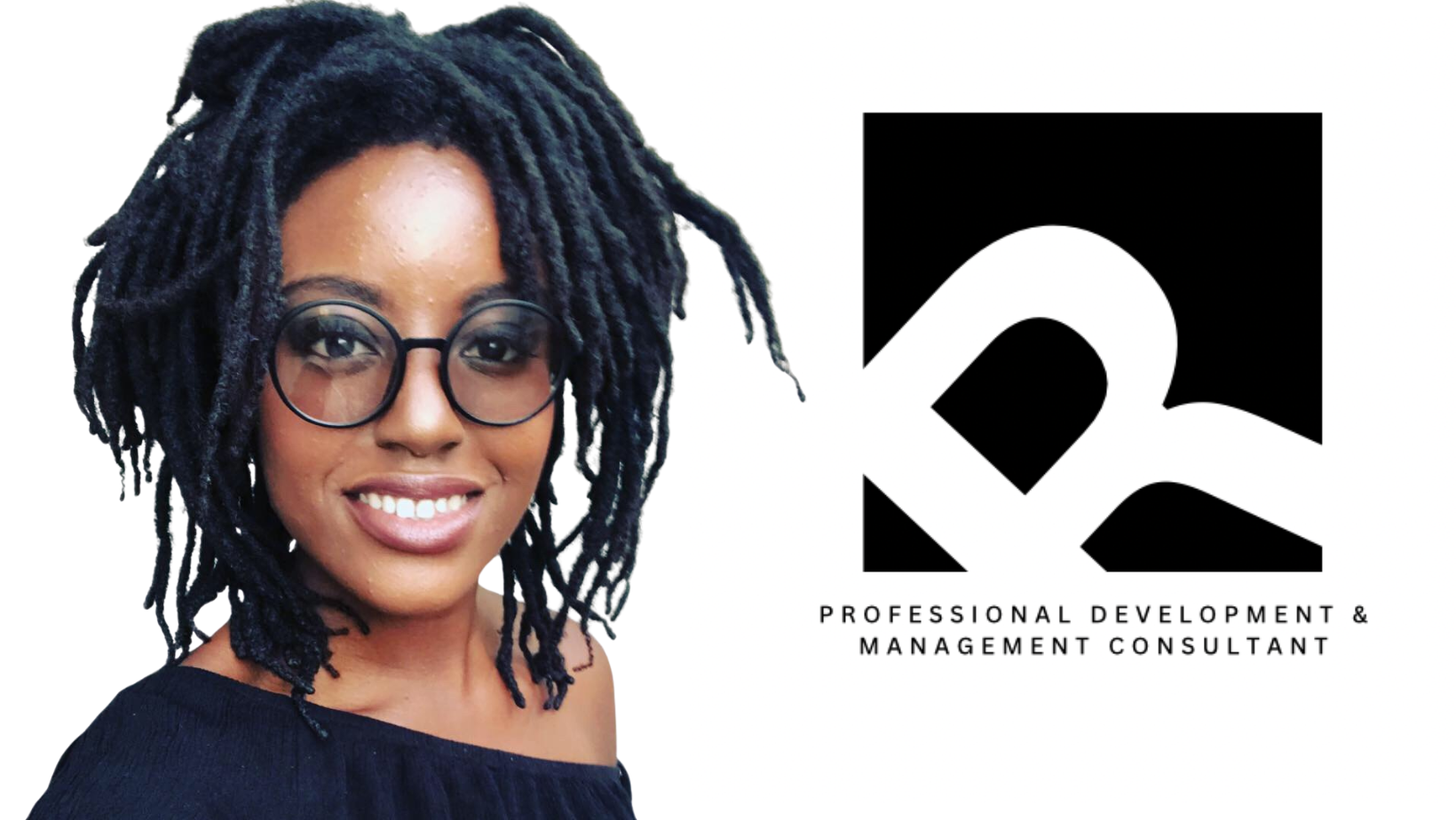The Courage to Evolve: Navigating Career Changes in Public
 Ricki
Ricki Table of contents

Evolving in public is tough. It is a bit vulnerable to set on to a new path, especially when you may be uncertain where you aim to land. I work with professionals who are either in their early career and making the big choice of what to do next; or career changers who are feeling insecure about leaving their comfort zone.
As an independent management consultant, I have changed my website and personal title more than once to capture what it is that I do accurately.
Being early in my entrepreneurial journey, there have been times I have taken on a client who wasn’t ideal (but no good deed goes unpunished , am I right?) I have learned this is a common occurrence for young consulting firms: to maintain revenue, we will take this one misaligned client. But as time goes on, we become absorbed with developing resources for this client, stretching to meet their needs, and questioning 'Am I really qualified to offer the services I’m offering?'
The honest answer is, NO! But, I am resourced to offer my primary services. This has taught me that to maintain healthy boundaries, I have to evaluate my core offer—and in this case my services and digital products— objectively to determine if they are valuable to the recipient. If not, there is a need for an adjustment—of either what I'm offering, or who I am offering it to.
With that adjustment comes a need to pivot. And sometimes, over and over again. And man, is that embarrassing! Being so vulnerable to admit that you were “wrong”, misaligned, not perfect. How do I validate that I am good enough, if I can’t even (insert shame spiral topic of the day here!)
But I have since learned that the cliches about failure are valid. I have learned as much or more from each failure than any success. Doing so has allowed me to disentangle my self-expectation from my self-esteem. And so can you!
Moving past the spiral...
If your pathway too has the added challenges of overcoming the effects of generational oppression, lack, shame-ridden belief systems, ableism, and other inequities: then you too will have to be even more intentional about these next key steps:
Keep evaluations about objective concepts, focused on objective measurements.
If you are determining if you are a “good” employee, first remember that you are measuring the quality of your performance: not whether you are good. You will determine objective measures of what makes success in the target role, and what it takes to close the gap in meeting identified targets. If you struggle with extracting your self-worth from your performance, this will be a good time to begin working with a professional before moving on to the next step.
Create goals that are not outcome oriented.
If you are looking for a job, it is obvious that the success indicator is employment in your field of choice with the desired attributes (salary, work style, culture, etc). However, many factors that will impact this outcome are out of your control. The market, your timing, who you know, and other factors can impact how quickly you reach this goal. Find success in setting and reaching goals that you do have control over. Establish goals to get dressed in professional attire while job searching. Set a networking goal to attend one event in person and one virtual event a month in your field. Join a professional network that offers training in your field. And celebrate these wins with the same vigor!
Give yourself permission to evolve in public.
Why do so many of us carry the same story that it seems like others have something figured out that we are missing? Maybe for us neurodivergent folks that’s sometimes true. But in general, it is a shared belief that holds a lot of professionals from their full potential. It’s quite uncomfortable to be perceived as incompetent, uncertain, or undedicated—especially in a professional space.
While I celebrate that I spent much of my twenties exploring different options and taking big risks to learn new things about myself, I often watched my peers have what appeared to be linear success in paths I may have deviated from.
And while I cheer them on from a distance, I also celebrate and value the insights I have gained from my non-traditional path. I have worn a lot of hats, and have had the opportunity to present a portfolio that tells the valuable story behind my resume. Your evolution is relevant to you. And while it may be vulnerable, and unconventional: it yields an outcome that the world can only receive from you!
So how do we get started?
If you have experienced what feels like:
2 steps forward, and 1 step back
Over explaining your career choices
Uncertainty about what to do next
Regret about past decisions OR
Difficulty devising a plan for next steps
Review steps 1-3 above, and keep joining the discussion. This topic is the first of a series. Continue to follow for tools, resources, and activities that will help you step out of shame and into a confident, resourceful, professional.
Subscribe to my newsletter
Read articles from Ricki directly inside your inbox. Subscribe to the newsletter, and don't miss out.
Written by
